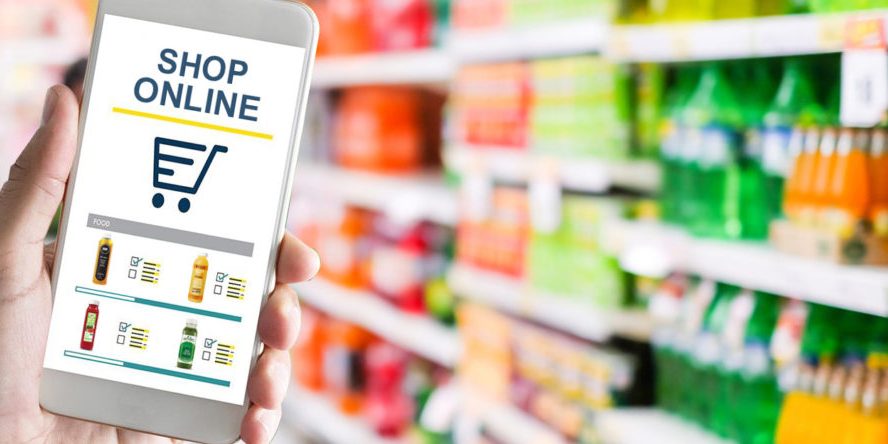Retailing products can be a lucrative business, but also very competitive. We have been witnessing many startups, challenges, and success stories on TV shows such as Shark Tank, Dragon’s Den, and The Profit. The vast amount of these companies focused on consumer items and retailing products. So, how does one get started retailing products?
How someone arrives at what type of product or industry to enter is different. Once decided, there are some common phases one goes through when getting started with retail products. When these phases are managed better, they ensure higher chances at success. Entrepreneurs and investors that are looking for assistance, can find it often through consulting services. Consulting services enable startup companies to temporarily benefit from professional and expert assistance.
The different phases that one has to go through can be complex and overwhelming. The retail industry involves several key steps to get started. Here these steps are described in more detail to assist. Paying especially attention to these is especially important for people entering the retail industry for the first time.
Retail Branding
Branding is very important in the retail industry. The branding has to make sense, be identifiable, stand out, be appealing and much more. It has to appeal to the consumer as well as distributors and resellers. The retail logo design impacts the packaging as well as everything else, so it should not be done in poor quality. The logo must be applicable for the type of products, packaging, and industry. As simple as a logo can be in design, there is much thought that goes into the process.
Retail Product Design & Development
The development of the product line is how it all really begins. It would be difficult to get started retailing products without the products. Regardless of type of products, the product line must be designed and developed with quality and the consumer in mind. Often, investors have to find the right manufacturer to create the samples and final product inventory. It is important to have a strong relationship with the source of the product manufacturing such as a lab for skin care products or an industrial kitchen for food products.
Retail Packaging & Design
The packaging is another important step along the process of getting started. There are choices to be made, depending on what type of products sold. Often, there is a primary packaging and a secondary. There are regulations often and key requirements. Product specific details that have to be listed and so on. Packaging has to be attractive, feature oriented, and not create issues with shipping, stocking, and warehouses. Material for packaging often has to be considered, as well as the finish. Much to decide for investors here. Again, working through consulting services can be very helpful here.
Retail Website Design & eCommerce
This is a big one! Too often, investors and entrepreneurs allocate larger budgets on product development, but try to save money on the online infrastructure. This is a mistake! The website is a critical component of the chances at success. It is the online foundation for all that follows. Cheap retail websites produce limited or no results. Get started properly with professional custom retail websites with eCommerce. Working with experienced retail website design agency is helpful here.
Retail Marketing Services
There is very little chance of developing momentum without retail marketing efforts. Retail marketing services ensure that retail brands develop momentum in brand awareness, website traffic, search engine rankings, social media presence, and sales opportunities. Retail marketing services help brands with all of this. Without professional retail marketing services, it is very difficult for a retail brand to get started. Marketing is a necessity for the retail industry.
Retail Sales
With all of the above in place, sales opportunities can be created through the right incentives. Retail brands create sales incentives to motivate potential buyers to shop. Online is no different than brick and mortar. Retail brands use incentives such as deals, promotions, discounts, specials, season offers, giveaways, raffles, and more to incentives the consumer to shop. Sales take time and often cannot be rushed. When you get started retailing products have the right expectations to avoid costly pitfalls.







